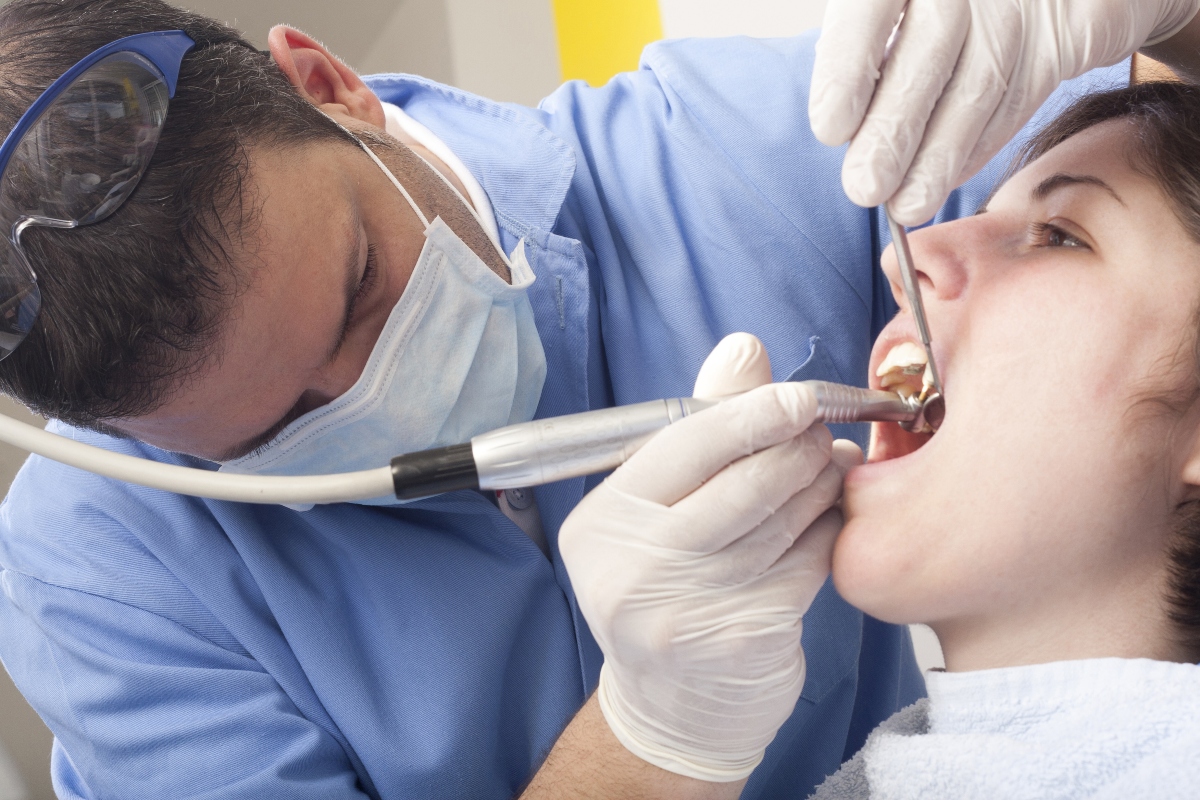Why visit a dentist?
Dental health is as important as any other health area. It is vital to maintain one’s dental health in order to support one’s quality of life and wellbeing. For example visiting a dentist at least once in every twelve months will help to identify and treat cavities in their early stages. A dentist will examine an individual’s teeth and identify cavities while they are still not full fledged, as the earlier they are detected the easier it is to treat them. Dentists will also detect diseases in the mouth such as gum disease, bad breath and sometimes even the presence of oral cancer.
What are some common dental problems?
There are different types of dental problems that can affect the mouth and therefore someone’s general wellbeing. These diseases include toothache, stained teeth, chipped teeth, impacted teeth and cracked teeth. All of these ailments can lead to severe discomfort, pain and distress if not addressed, that will impair everyday functioning and performance and will have a negative influence on the personal and professional life of an individual.

What are some of the treatments for these dental problems?
There are many different types of dental treatment dependent on the specifics of a dental problem and the severity of it. These can include bridges, crowns, fillings, root canal treatment, braces and tooth implants. These treatments vary in cost and time taken for the treatment to be performed and the results to be seen. A dentist will choose and recommend the suitable treatment for individuals depending on their individual needs.
What is a dental implant?
Dental implants Herefordshire are the most sophisticated remedy for a missing tooth or teeth in dentistry. They are placed into the jawbone and left to fuse with the bone at the chosen location as a replica root. This takes a time span of several months to heal normally before a permanent prosthetic is attached as a replacement for the missing tooth or teeth.
This replacement fixture mimics a real tooth or teeth and is indistinguishable from the patient’s natural teeth, it is manufactured to blend in well. One of the major advantages of an implant is that it doesn’t negatively affect the remaining teeth either side when fitted, rather it improves the efficiency and health of the surrounding teeth too.These implants also have great stability as they fuse with the jawbone becoming part of it.
Why are dental implants used?
A person who has a missing tooth or missing teeth will most likely be advised by a dental health practitioner to obtain a dental implant to take their place There are several factors that are considered when a dentist decides to go ahead with dental implants. They are the location of the missing tooth or teeth, the health of the patient, the quality of the jawbone where the dental implant will be placed, the cost of the procedure and the patient’s preferences. If these factors are in order then the dentist may well recommend this treatment option as the right option for an individual with missing teeth. A dentist will conduct an examination of the location to be considered for the dental implant and make a clinical assessment as to the suitability of the treatment option for that particular patient.

